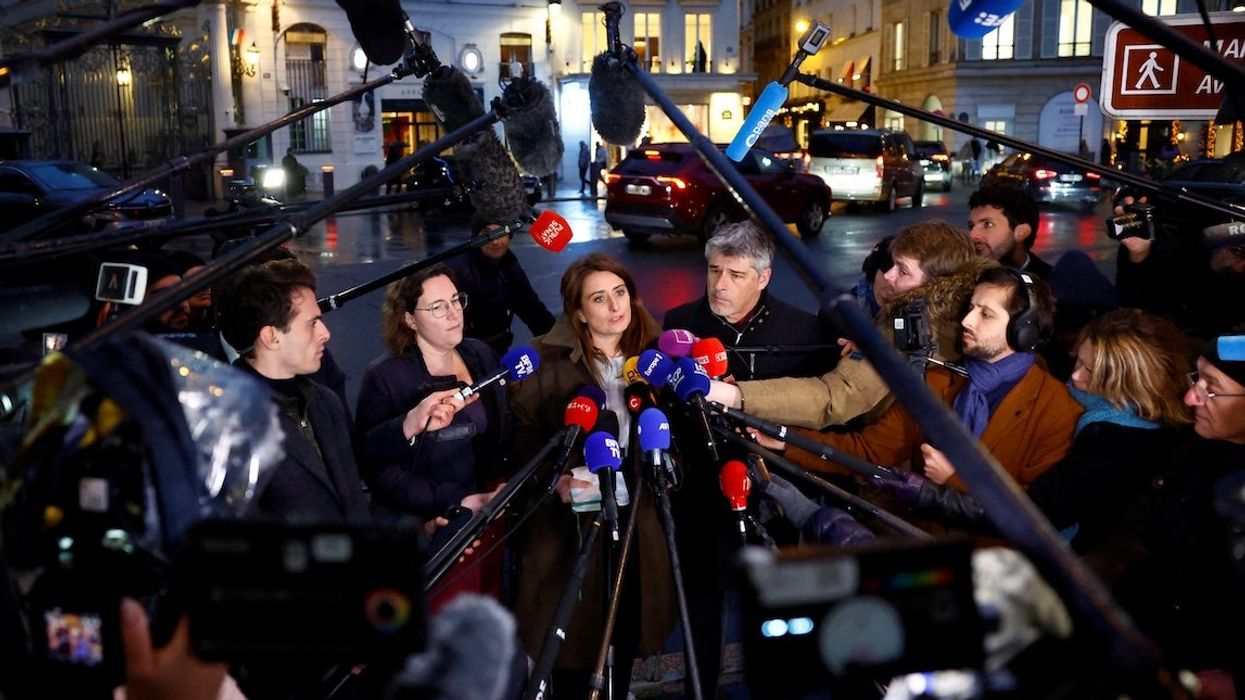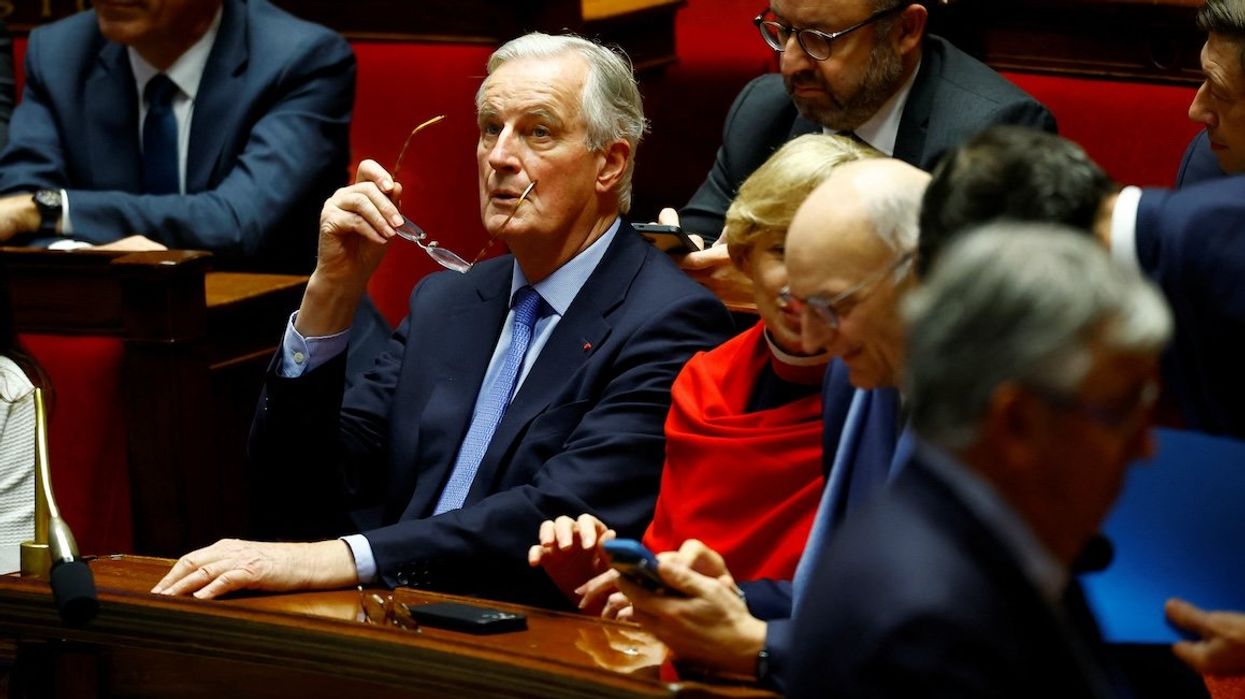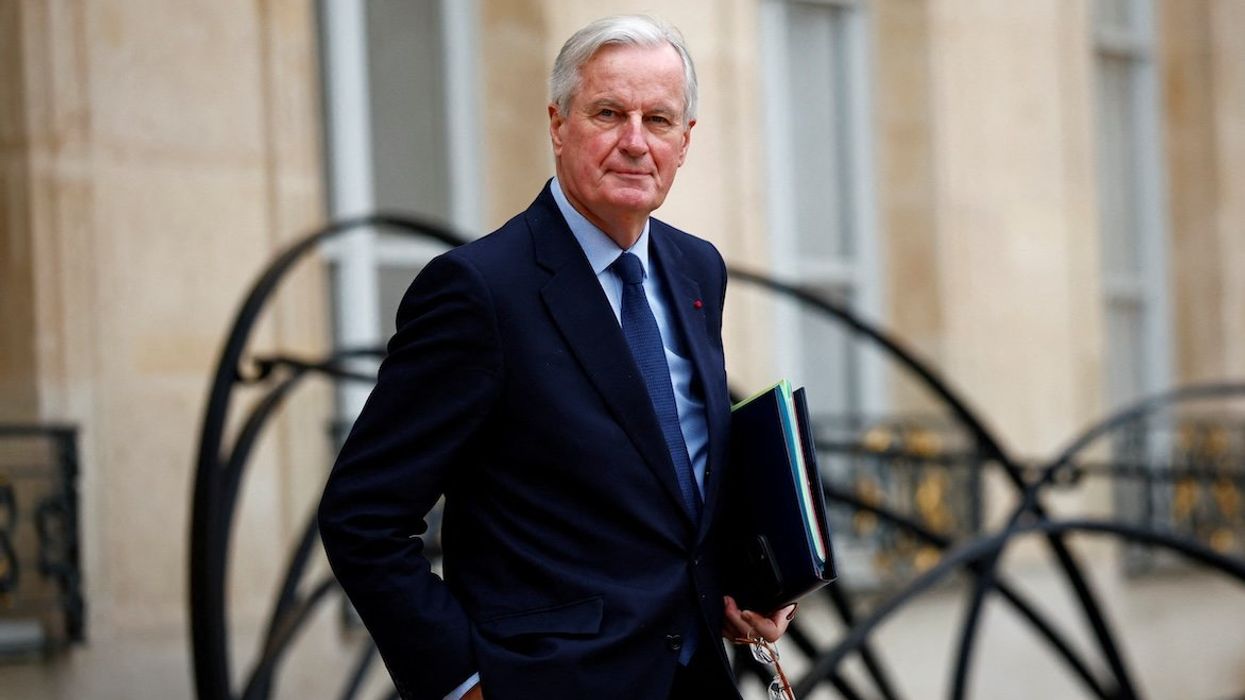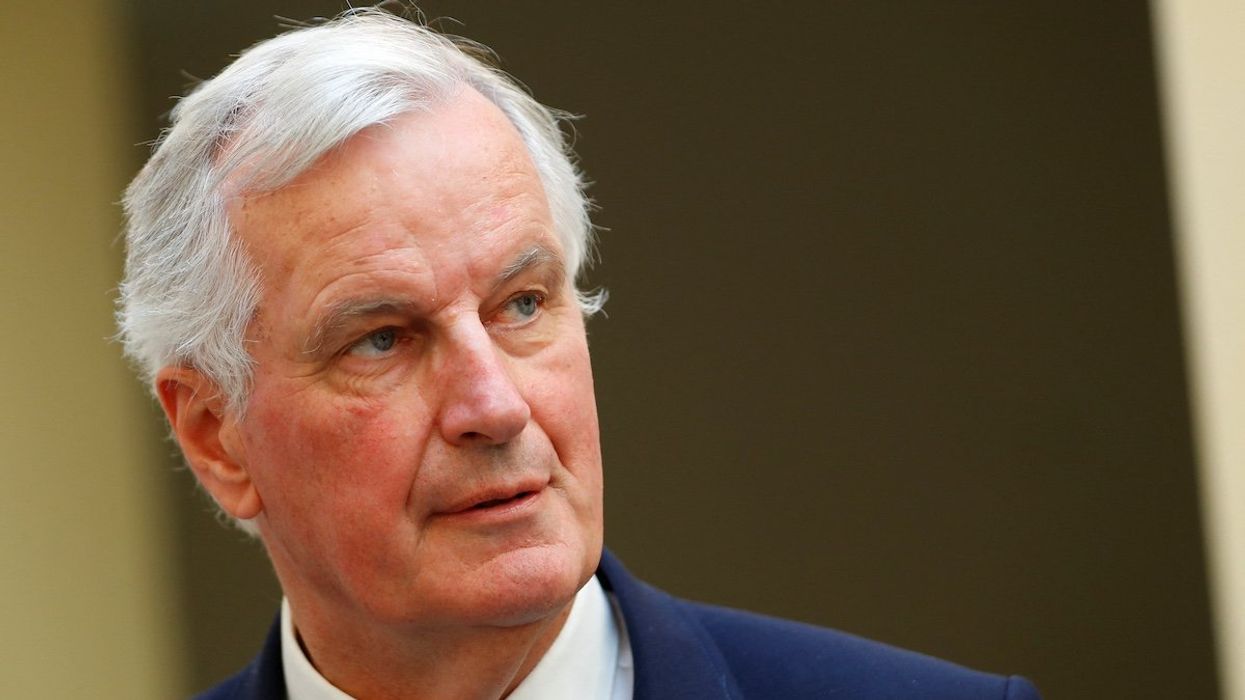What We're Watching
Macron works to end France’s political deadlock
On Tuesday, France’s President Emmanuel Macron hosted a meeting with the leaders of center, center-right, and center-left political parties at the Elysee Palace in a bid to end France’s political crisis by building support for a new prime minister and a 2025 budget.
Dec 10, 2024





